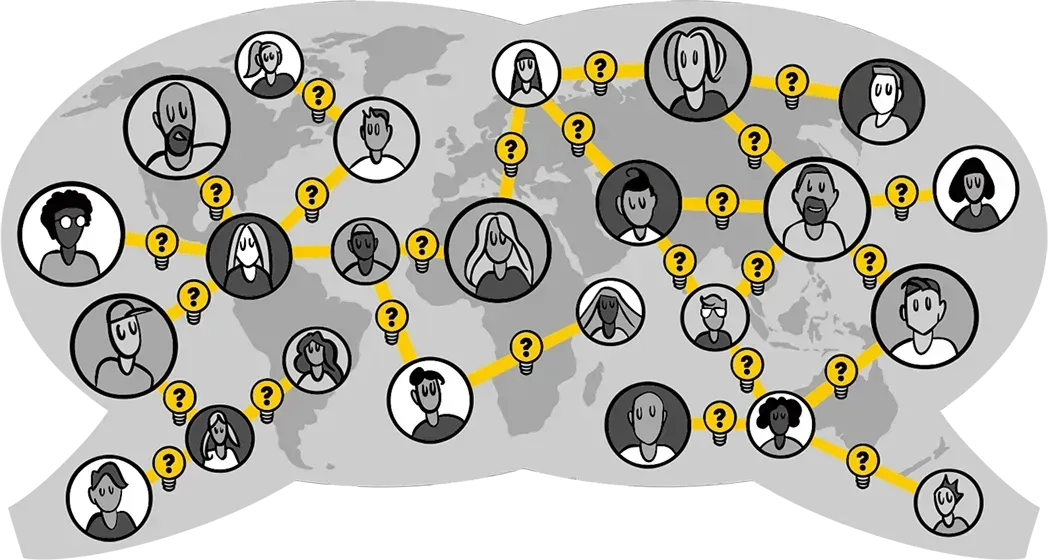Engaging in Constructive Debates and Arguments
Navigate Disagreements with Logic and Respect

The Role of Argumentation in Constructive Dialogue
Navigating Beliefs (NB) provides tools for improving debating and argumentation skills while fostering constructive and respectful conversations. By focusing on logical reasoning, evidence-based arguments, and thoughtful questioning, NB practitioners learn to challenge ideas without escalating conflict or creating unnecessary tension. This approach transforms debates into opportunities for understanding and intellectual growth.
NB emphasizes avoiding logical fallacies, building rapport, and handling disagreements constructively. Whether you’re engaging in a heated debate or discussing controversial topics, NB’s structured techniques help maintain civility while addressing flaws in reasoning. These methods encourage empathy, promote mutual respect, and lead to more productive discussions. Discover video examples showcasing how NB is applied in real-world conversations.
Find the Best Fit for You
You've landed on a page about Navigating Beliefs, a method to help people reflect on the quality of their reasoning through civil conversation. Take our free self-paced course at NavigatingBeliefs.com or learn more about the organization behind these world changing projects.

Navigating
Beliefs
You've arrived at Navigating Beliefs—a new name for the approach born out of Street Epistemology. Although our name has changed, our vision remains the same: A more rational world through civil conversations.

Street Epistemology
International
The organization behind the development of the Navigating Beliefs course, supporting the Navigating Beliefs method and offers resources for critical thinking and civil conversation.
Discover NB methods to build logical arguments and navigate disagreements effectively.

Applying Navigating Beliefs to Arguments
Navigating Beliefs transforms arguments by emphasizing logic, evidence, and mutual respect. NB practitioners use thoughtful questioning to challenge flawed reasoning and uncover assumptions without confrontation. This method creates a respectful environment where participants feel heard and are more open to exploring alternative perspectives.
Key NB techniques include identifying logical fallacies, presenting evidence effectively, and questioning reasoning during debates. These tools enable individuals to navigate disagreements, handle contentious topics with care, and engage in thoughtful, productive arguments. NB makes it possible to shift debates from emotional conflicts to constructive exchanges that foster clarity and understanding. Learn more about different conversation styles that NB practitioners use to encourage productive dialogue.
Exercises for Constructive Argumentation
Debating and argumentation require practice, and NB provides exercises to help refine these skills. Activities like role-playing contentious discussions, analyzing arguments critically, and identifying logical fallacies allow individuals to build confidence and competence in navigating difficult topics.
For beginners, tools for respectful debating and methods for finding common ground in disagreements offer accessible starting points. Advanced practitioners can focus on strategies for presenting evidence logically, challenging flawed arguments respectfully, and resolving disputes through rational reasoning. These exercises foster empathy, improve reasoning, and transform disagreements into opportunities for growth. Explore creative approaches to applying NB techniques in debates and discussions.

Free Learning Course for Constructive Debates
Want to improve your argumentation skills? The Navigating Beliefs course provides practical Navigating Beliefs tools for engaging in respectful debates, building logical arguments, and navigating disagreements constructively.
GO TO COURSE ➔


